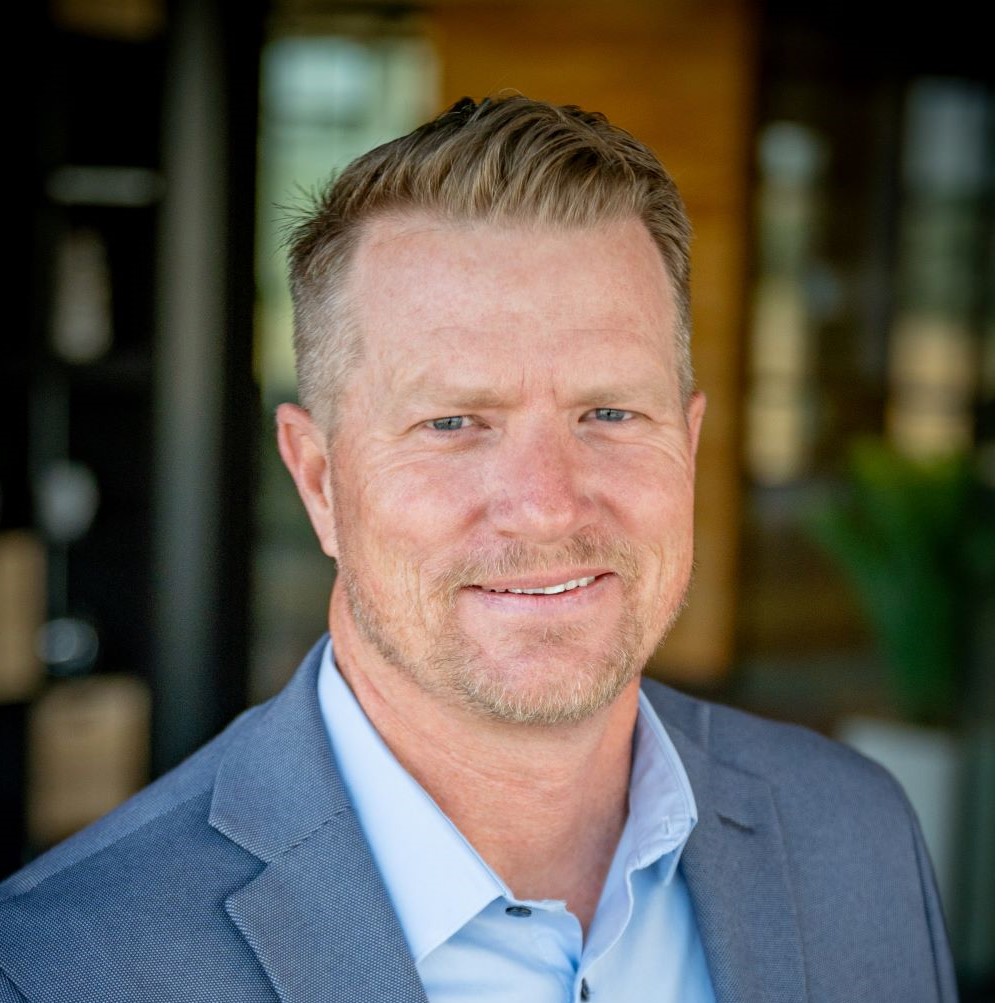In today’s competitive marketplace, businesses need more than just an excellent product or service to thrive. A robust sales funnel, an effective sales methodology, and a comprehensive customer success strategy are crucial components that work together to build a reliable and sustainable future for any business. While the sales funnel and sales methodology guide prospects through the buying process, a well-implemented customer success strategy focuses on post-sale engagement, particularly in referral generation, to ensure ongoing business growth.
The Sales Funnel: Structuring the Buyer’s Journey
The sales funnel is the backbone of any sales strategy, outlining the stages a prospect goes through from initial awareness to final purchase. It is typically divided into several phases:
- Awareness: Potential customers become aware of your product or service.
- Interest: Prospects show interest through engagement, such as signing up for newsletters or downloading content.
- Consideration: Prospects evaluate your offerings against competitors.
- Intent: Prospects demonstrate intent to buy, often through actions like requesting a demo or adding items to a cart.
- Purchase: The final step where the prospect becomes a customer.
A well-structured sales funnel helps in identifying where prospects are dropping off and what strategies can be employed to guide them towards the purchase stage. It ensures that the marketing efforts are aligned with the sales goals, making the entire process more efficient.
Sales Methodology: Guiding the Sales Process
While the sales funnel provides the structure, a sales methodology offers the tactical approach to move prospects through the funnel. Common sales methodologies include SPIN Selling, Challenger Sales, and Solution Selling. Each methodology has its own strengths and focuses, but all aim to improve the effectiveness of the sales process.
For instance, SPIN Selling emphasizes asking the right questions to uncover the prospects’ needs, while Challenger Sales focuses on educating the prospects and challenging their assumptions to create value. The key is to choose a methodology that aligns with your business goals and integrates seamlessly with your sales funnel.
Customer Success Strategy: Beyond the Sale
Many businesses stop their strategic planning at the point of sale, but the real magic happens post-sale. A robust customer success strategy is essential for nurturing existing customers and turning them into loyal advocates who generate referrals. Here’s how a customer success strategy can drive referral generation and ensure long-term business growth:
- Onboarding and Training: Ensure new customers are effectively onboarded and trained to use your product or service. A smooth onboarding process sets the tone for a positive customer experience.
- Ongoing Support and Engagement: Regular check-ins and providing valuable resources keep customers engaged. Proactively address any issues and continuously seek feedback to improve their experience.
- Building Relationships: Cultivate strong relationships by showing genuine interest in your customers’ success. Personalized interactions and recognizing their achievements foster loyalty.
- Referral Programs: Implement structured referral programs that reward customers for bringing in new business. Happy customers are more likely to refer your business if there’s a clear incentive.
- Customer Advocacy: Identify and nurture customer advocates who are willing to share their positive experiences through testimonials, case studies, and social media. Their endorsements can significantly influence potential buyers.
The Synergy of Sales and Customer Success
Integrating your sales funnel, sales methodology, and customer success strategy creates a synergistic effect that propels business growth. The sales funnel and methodology ensure a steady stream of new customers, while the customer success strategy maximizes the lifetime value of each customer through referrals and repeat business.
For example, a customer who has had an exceptional onboarding experience and receives ongoing support is more likely to become a brand advocate. When they refer new customers, those referrals enter your sales funnel, beginning the cycle anew. This creates a self-sustaining system where satisfied customers continuously fuel the sales pipeline.
In conclusion, the triad of a well-defined sales funnel, a tailored sales methodology, and a comprehensive customer success strategy is essential for building a reliable future business. While each element plays a crucial role independently, their integration ensures that prospects are not only converted into customers but are also nurtured into loyal advocates who drive referral generation. By focusing on both the pre-sale and post-sale processes, businesses can create a sustainable growth model that leverages customer satisfaction to generate ongoing business opportunities. Investing in this holistic approach is the key to long-term success in today’s dynamic marketplace.

